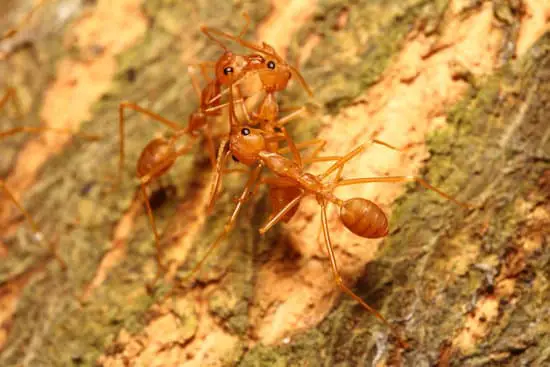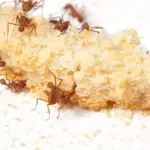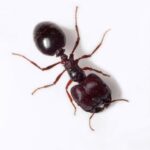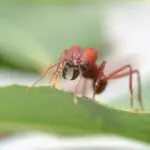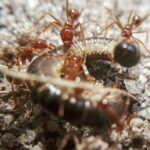Why Do Ants Bite and Stink?
Generally, ants bite and sting to protect themselves. However, certain species can be a threat to humans.
Some species use their mandibles to bite and sting, while others spray formic acid on their skin. The venom injected into the skin can cause itching, redness, and swelling at the bite site.
If you notice an ant sting, it is important to seek medical attention. A mild local reaction to an ant bite can be treated with an anti-inflammatory pain reliever and a cold compress. For a more severe reaction, call 911 or go to the nearest emergency room.
If you are allergic to ant venom, you may experience itching, swelling, and redness at the bite site. You may also experience difficulty breathing or dizziness.
Depending on the ant species you are bitten by, you may have a severe allergic reaction. Severe allergic reactions can be life threatening.
The first sign of a severe allergic reaction is a large swelling at the bite site. If the swelling persists for more than four days, you should seek medical attention. Symptoms of a severe allergic reaction include dizziness, hypotension (low blood pressure), hoarseness of voice, and chest pain.
A ant bite is not only painful, but it can be infected. The bite can lead to white pustules that are home to infection fluids. For most people, the ant bite is not harmful, but if you are allergic, the infection must be treated immediately.
There are many species of ants that bite. These include fire ants, carpenter ants, pavement ants, and white ants. Some species bite for defense and others bite as a hunting mechanism.
